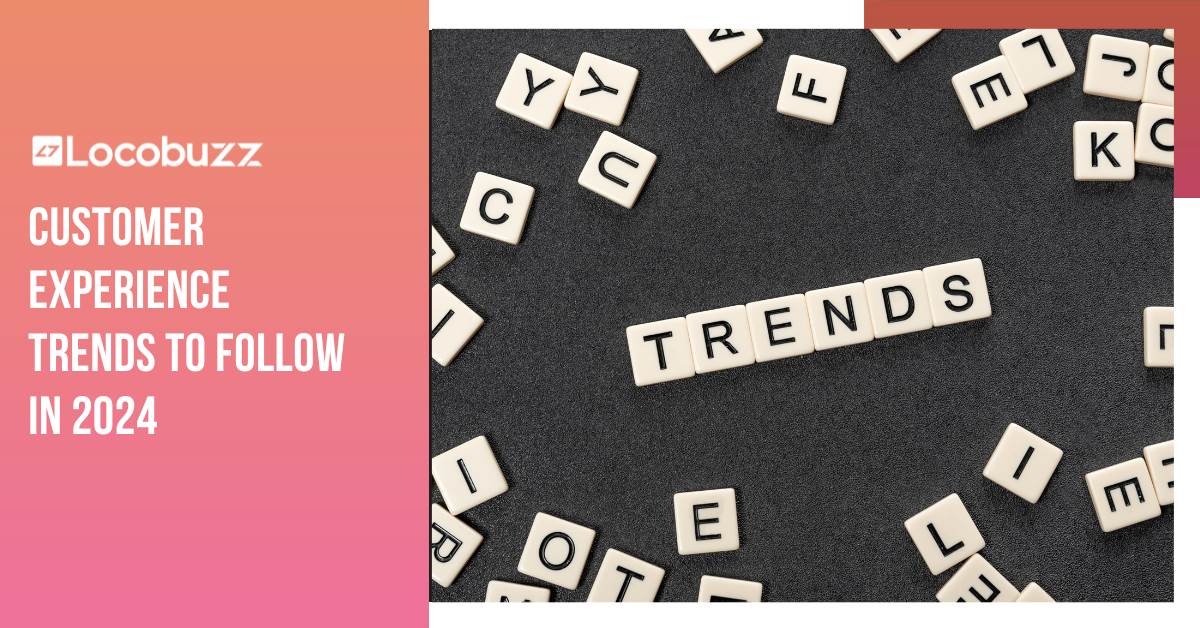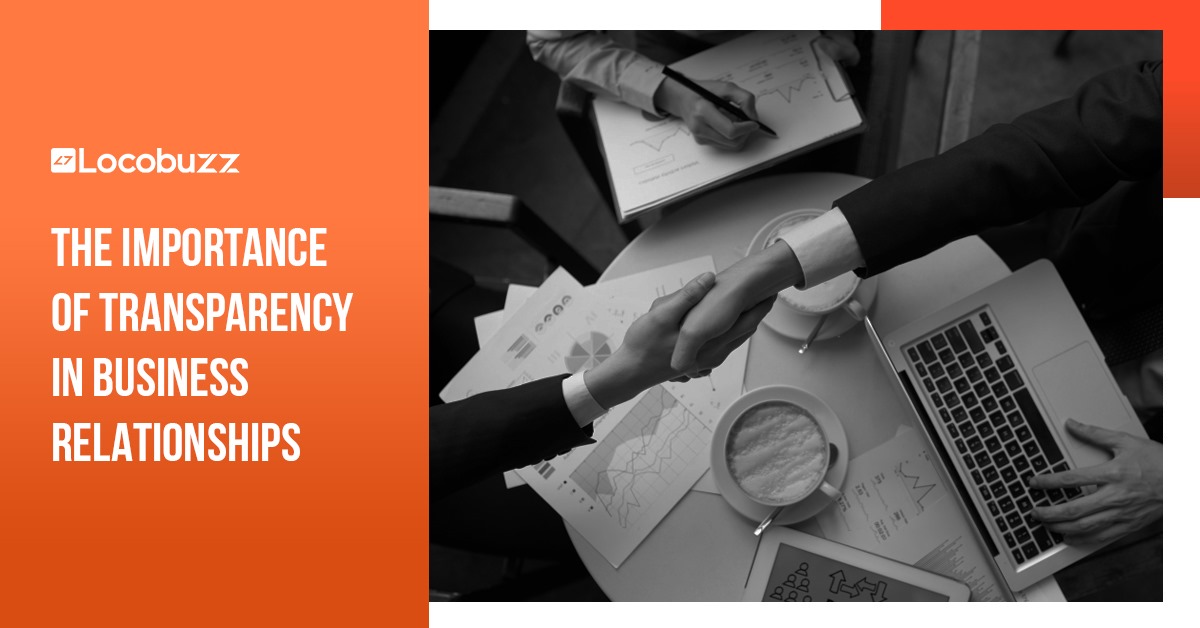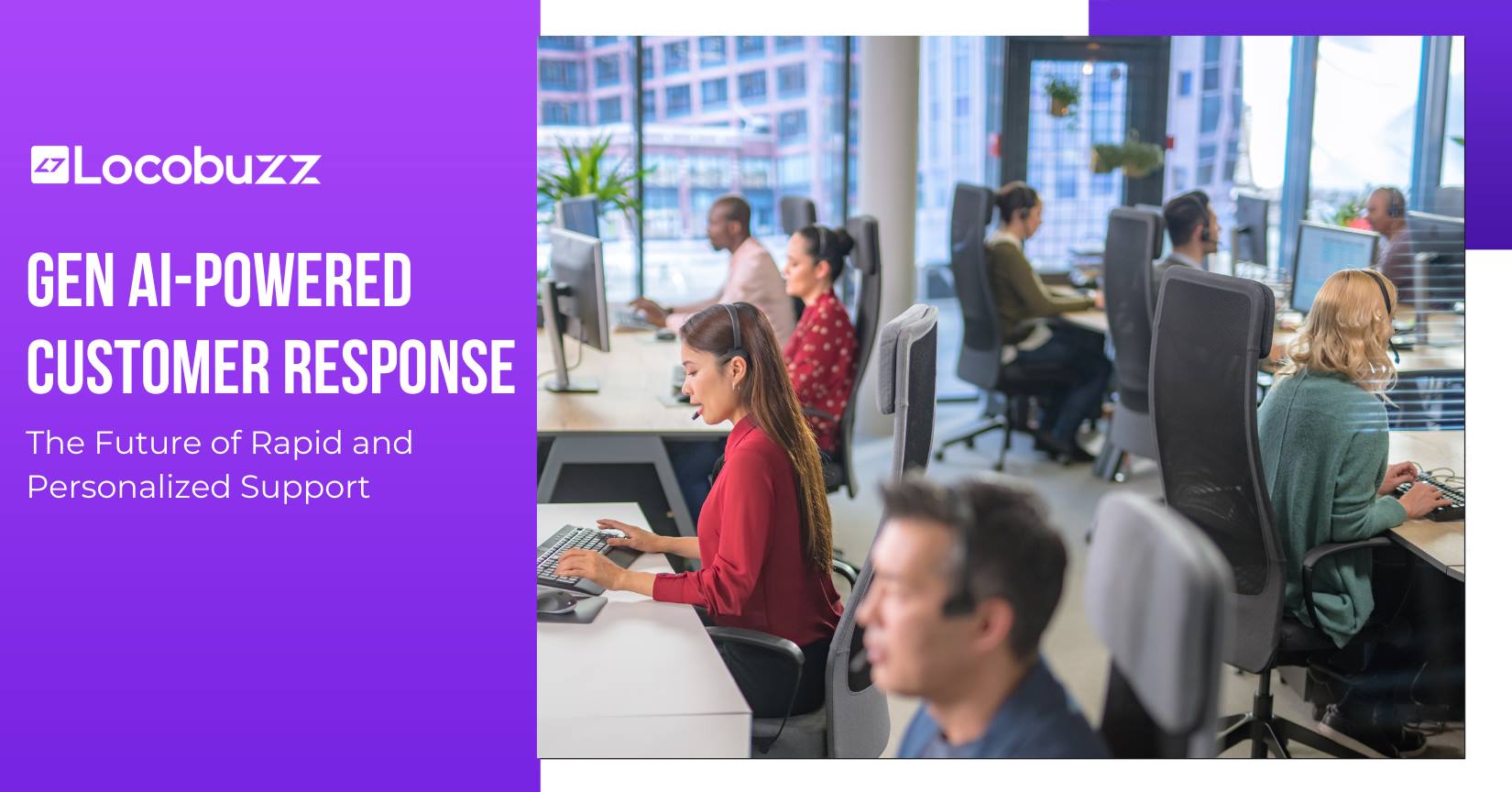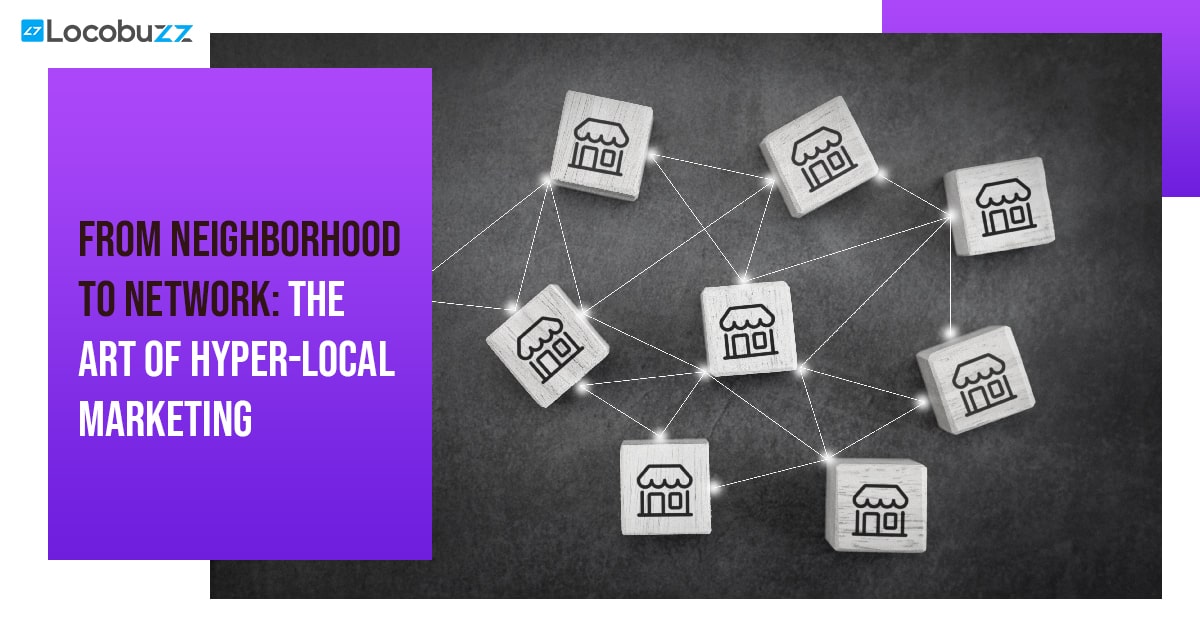What is the Role of ORM in Digital Marketing?

With businesses investing rapidly in the digital marketing realm, it is critical to understand its advantages and disadvantages.
The Indian digital advertising industry is projected to reach Rs. 51,110 crore by 2024, growing at a compounded rate of 31% from its current size of Rs. 29,784 crore. This growth is part of a larger trend in the Indian advertising industry, which currently stands at Rs. 85,769 crore and is expected to grow at 15.07% to reach Rs. 1,13,575 crore by the end of 2024.
The Internet has plenty of merits and plenty of demerits.
With an incredible increase in digitalisation, the engagement level has spiked. It has open doors to both negative and positive comments from the audience. It takes a second for one comment or a bad review to go up online and take down your reputation. It indeed is an arduous task to manage an excellent reputation online.
Table of Contents
Experience Online Reputation Management Tool
What is the role of ORM in digital marketing?
The role of ORM in digital marketing is the process of managing online reviews, engaging with customer feedback on social media and building trust and credibility among consumers. Influencing their decision-making process and enhancing the brand’s online presence.
ORM is about keeping an eye on what people say about a person or brand online and trying to make sure that they have a good reputation. If there is negative feedback, steps are taken to address it and promote positive sentiment.
Businesses, while creating a business, have a determining motive and perspective. When presented online against a mass viewership, how do these viewers perceive your business is an important question you should ask.
ORM alludes to a process that incorporates monitoring, addressing, or mitigating SERPs (search engine result pages) and comments on social media.
With the tremendous growth in digital marketing, it is now a smooth process for businesses to have a decent digital presence(Website, social media handles). Regardless, let’s not forget the competitors who tarnish the organisation’s reputation with negative reviews and criticism.
Businesses, when invested in ORM, witnessed a growth rate of 25% in sales. Therefore it is of utmost importance for businesses to strive and protect the brand image, which can be done by proper ORM platform in place.
ORM in digital marketing assists businesses in establishing and maintaining a positive brand image on the internet. Any critical attacks on your image are easily deflected and minimised in prominence. If any of your personal information is leaked online, ORM helps remove such data from public databases, known as “people search” databases.
Below mentioned are the features of ORM platforms that you should consider before investing in one:
- Monitor your Online Reputation in real-time
- Detailed Analysis of your brand perception in the community
- Competition benchmarking abilities
- Crisis managementORM stands for Online Reputation Management in digital marketing. It refers to the practice of monitoring and improving the way a brand or individual is perceived online.
3M’s of ORM
The 3M’s of ORM provide a structured approach to managing and improving a company’s online presence effectively. These 3M’s are: Monitoring, Management, and Mitigation.
Monitoring: The first step involves continuously scanning the internet for mentions of the brand, product, or service. This includes social media, review sites, forums, and news outlets. Monitoring allows brands to stay informed about what is being said about them online, enabling timely responses to both positive and negative feedback.
Management: After monitoring, the next step is to manage the gathered information. This involves engaging with the audience, responding to reviews and comments, and publishing positive content that aligns with the brand’s values and messaging. Effective management helps in shaping the narrative around the brand, reinforcing positive perceptions, and building stronger relationships with the audience.
Mitigation: The final M stands for mitigation, which focuses on addressing and resolving any negative aspects of the brand’s online presence. This could involve dealing with negative reviews, countering misleading information, and implementing SEO strategies to ensure positive content ranks higher in search engine results. Mitigation strategies are crucial for minimizing the impact of negative content and protecting the brand’s reputation.
Importance of ORM in Digital Marketing
The need for ORM in your business can be narrowed down to 3 primary phases:
1. The reputation management phase
Though you successfully created a good reputation in the overall market, maintaining the same is a progressive task; this is where a well-skilled ORM team intervenes.
The ORM team will be adept at managing cordial relationships with your customers and tracking your brand reputation across search engines without any hassle.
2. The recovery phase
Typically most businesses have encountered an irate customer or a competitor trying to demean your business’s well-built reputation. This can invite negative comments and reviews, calling for an immediate amendment.
In the recovery phase, the ORM team dedicates their skills to redeeming the losses incurred regarding the brand name. They align their tasks into looking after the company’s SEOs, social media content, and, importantly, website content where their brand name has been tampered with.
3. Monitoring and controlling phase
Both large and small businesses have competitors that can come up with threatening strategies against your business. An ORM platform will maintain good control over threats and malicious actions towards your brand name.
In order to protect your brand from getting overshadowed by negative comments and avail many other benefits ORM tools have to offer that help in improving your social presence, customer service and even boost sales.
How to analyse your online reputation?
1. Skim through search engines
After the strenuous and time-consuming job of working on your website, it’s now time for search engine analysis. Do that by simply asking yourself the following questions.
- Is my business at the top of the first-page search engine listings?
- Are the third-party links positive or negative?
- Are there any ORM fires that need immediate attention?
- Is your business information accurate on third-party sites?
2. Check your brand's social media handles-
The world is more social on the Internet than ever.
Everybody is speaking on social media with their opinions. Social media has motivated the opportunity of vocalising their mind out between customers as well as the businesses.
Making an impact on social media demands a lot of followers, likes, and a high engagement rate.
Responding to customer’s comments, messages and being always ahead in your average response time are the key factors to consider for being considerably visible on social media.
Evaluate your social media reputation by checking for your hashtags to understand what’s talked about by the audience. Look for negative comments and check if any of your supporters go against them in your defense.
3. Look for Review sites
Scan through Google reviews. Analyse how people like to rate your business. Do they prefer rating with stars, or are they taking time to write an in-depth review of their experience with your business? Is it a positive or a negative review?
Research on third-party websites or comparison sites and look for any statements that are overboard with your business standards. Check for vlogs if your product/service is talked about.
When businesses have a clean and active website and social media handles where they represent their brand, it doesn’t mean they have a healthy online reputation too.
It is what’s not presented by you, but what’s presented by others about you online, that can be threatening. Therefore, businesses must build a frequent practice of scanning their mentions online by others.
How Is Online Reputation Management Different From PR?
Public Relations (PR) is the strategic practice of managing communication between an organization and its target audience, stakeholders, and the public. It involves creating and maintaining a positive image and reputation for the organization through various channels, including media relations, press releases, events, and other forms of communication.
PR aims to build relationships, manage perceptions, and influence public opinion to support the organization’s goals and objectives.
PR encompasses a broader scope of communication activities, both online and offline, including media relations, press releases, events, and more. It aims to proactively shape and maintain a positive image through strategic campaigns and storytelling. On the other hand, ORM specifically focuses on managing and influencing the online presence and reputation.
It operates primarily in digital media channels such as social media, review sites, online forums, and search engine results. ORM is reactive in nature, addressing and mitigating any negative impact caused by online content, reviews, or comments.
While PR targets a wide range of stakeholders, both online and offline, ORM is primarily concerned with the online audience, including customers, social media users, and online communities. By understanding these differences, organizations can effectively utilize PR and ORM strategies to build and maintain a strong reputation in both the physical and digital realms.
ORM is more reactive, digital-focused, and concerned with monitoring and addressing online content, while PR is a strategic practice that manages communication across various channels to build and maintain a positive image for an organization.
The Linkage Between ORM and SEO
Online Reputation Management (ORM) and Search Engine Optimization (SEO) are interconnected and mutually influential. A positive online reputation can bolster search engine rankings, as search engines consider factors like positive content, customer reviews, and social media mentions when determining a website’s relevance and credibility.
ORM can benefit from SEO practices by leveraging high-quality content that is optimized with relevant keywords, meta tags, and linking strategies.
Online reviews play a crucial role in both ORM and local SEO, as positive customer reviews can enhance a brand’s reputation and positively impact local search rankings. Social media activity also indirectly affects SEO, as it drives traffic, increases brand visibility, and generates backlinks.
ORM contributes to mitigating the impact of negative content or crises on search rankings by promptly addressing and managing such issues. Integrating ORM and SEO strategies can result in improved search visibility, higher rankings, and a stronger online presence.
ORM and SEO are intertwined as they both aim to enhance brand visibility, credibility, and online reputation. A strong online reputation can positively influence search rankings, while effective SEO practices contribute to a brand’s visibility and reputation management efforts. Integrating ORM and SEO strategies can lead to improved search visibility, higher rankings, and a more positive online presence.
ORM in Digital Marketing
ORM is a vital component of digital marketing as it helps businesses and individuals maintain a positive online presence, build trust with their audience, and effectively manage their brand reputation in the digital landscape.
An influencer collaborates with brands to promote products or services. As part of ORM, they carefully curate their online presence, ensuring their content aligns with their personal brand and values. They proactively engage with their followers, address comments or concerns, and maintain a positive and authentic online reputation.

A brand uses social media monitoring tools to track brand mentions, hashtags, and conversations related to their industry. They actively engage with their audience by responding to comments, answering inquiries, and participating in relevant discussions. This helps build a positive reputation and foster strong customer relationships.
In the event of a PR crisis or negative online content, a brand implements ORM strategies to manage the situation effectively. They swiftly address the issue, provide transparent communication, and take necessary steps to rectify the situation. This demonstrates accountability and a commitment to resolving the problem, thus minimizing the impact on their reputation.
Online Reputation Management, therefore, plays a critical role in digital marketing by ensuring a positive online image for businesses and individuals.
Conclusion
ORM has become a necessity since the day the use of social media accelerated and businesses swiftly shifted their focus online.
Locobuzz is an amazing tool that will take total command of your brand’s reputation on the internet by getting real-time and detailed analysis of your brand perception in the community.
Start leveraging online reputation management services to gain an edge above your competitors, engage with your customers, and prevent any forthcoming crises.
People also search for: ORM in Digital Marketing, What is ORM in Digital Marketing, How to do ORM in Digital Marketing, ORM Social Media, ORM Platform, ORM Social Media
Both customer service and customer experience are critical to the success of any business. While good customer service can help to resolve immediate issues and build trust, a great customer experience can create a long-lasting impression and drive customer loyalty. Ultimately, businesses need to focus on providing both excellent customer service and a great customer experience to succeed in today’s competitive landscape.
Research shows that both customer service and customer experience play important roles in driving customer satisfaction and loyalty. According to a study by Forrester Research, customers who have a positive experience with a brand are more likely to recommend it to others, with 72% of customers saying they would share a positive experience with six or more people. In contrast, customers who have a negative experience are more likely to switch to a competitor, with 81% of customers saying they would leave a brand after a bad experience.
However, while both customer service and customer experience are important, they are not interchangeable. Customer service focuses on resolving issues and providing support during specific interactions with customers, while customer experience is about the overall impression that a customer has of your brand based on all of their interactions with your business.
In today’s highly competitive marketplace, where customers have more choices than ever before, businesses that focus on delivering exceptional customer service and a great customer experience are more likely to succeed. By providing a seamless and personalized experience across all touchpoints, businesses can build strong relationships with their customers and drive long-term loyalty and success.
“It takes 20 years to build a reputation and five minutes to ruin it. If you think about that, you’ll do things differently.”
– Warren Buffet




















